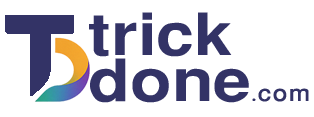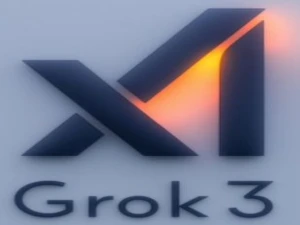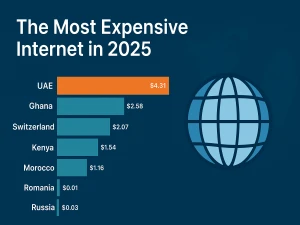EU’s AI Act Comes into Force, Igniting Trans-Atlantic Tech Tensions
O
n August 2 2025, the EU’s landmark AI regulation entered into force across member states. The Act mandates transparency for developers of general-purpose AI models, bans certain high-risk uses such as predictive policing and facial-recognition databases without consent, and allows fines up to 7 % of global turnover for non-compliance.
The regulation represents one of the most ambitious legal frameworks for artificial intelligence worldwide. Developers of large generative models such as ChatGPT, Gemini and Grok will face new requirements to document system architecture, training datasets and risk-mitigation measures.
The Act also heightens friction with the U.S., where industry and policymakers view some provisions as stifling innovation. The U.S. stance emphasizes a lighter regulatory touch to maintain competitiveness. The clash encapsulates broader debates: regulation vs innovation, protection vs growth. Businesses operating globally must now navigate diverging regulatory regimes.
Analysts caution that while the Act addresses ethical and societal concerns, its immediate enforcement varies across member states. Some national authorities are yet to be designated. The risk: fragmentation of the single market, compliance complexity, cost burdens on smaller developers—and, potentially, an innovation slowdown. The upside: clearer standards, stronger accountability and increased public trust in AI.
Conclusion & Implications:
For companies and investors, the entry into force of the EU AI Act is a key inflection point. It signals that regulatory risk is now an integral part of the AI business equation. Firms must audit AI-model provenance, ensure traceability and adapt product-roadmaps accordingly. On the global stage, the EU may set a regulatory blueprint others will follow—especially as AI’s uses proliferate across sectors from finance to healthcare.










Comments